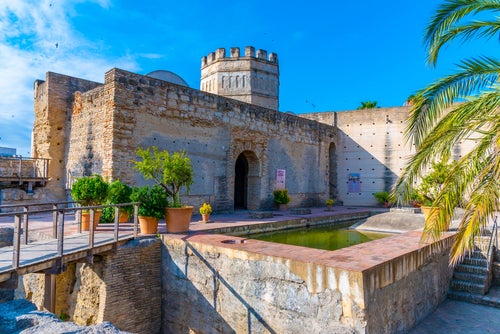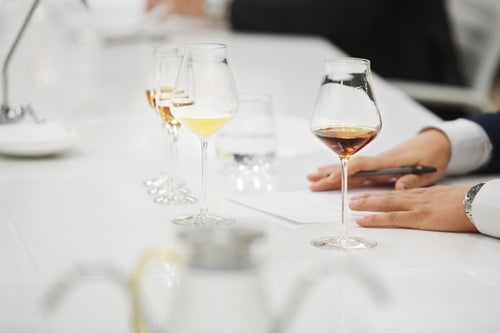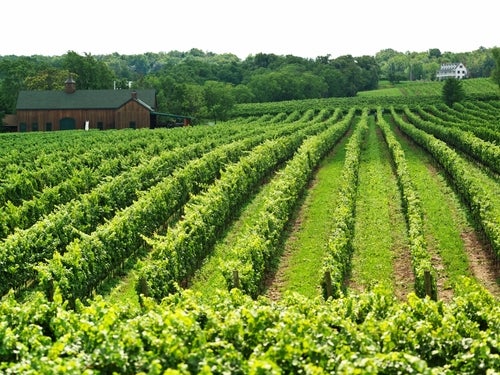Reflections on Denis Durantou and the wines from his final vintage
Is it because of informality? (There are no classifications, no official hierarchies here.) Perhaps because the properties are small? Or maybe just luck? I’m not sure, but Pomerol is the only region of Bordeaux where I’ve had the chance to come to know some proprietors just a little better than occasional visits permit. Jacques and Fiona Thienpont of Le Pin were hospitably kind when I was writing The New France; Christian and Chérise Moueix at La Fleur Pétrus welcomed and even fed the merry groups of wine students I arrived with over a number of years; and then there was Denis…
A new reality: the unhappy past tense. “Every day is painful without him around,” his daughter Constance wrote to me last week. He died in May 2020, just as the work of his 36th vintage reached the world. Denis should have given the world 50 vintages; he was a year younger than me. His three daughters are involved with running the property; while Olivier Gautrat, who had worked every day with him for two decades, continues, too… so Denis lives on in that sense, via his genes, his insights, his craft. Yet nothing can duplicate the physical presence of a person, their smile, their laughter, their comments and interventions, their informing spirit. Denis was the mischievous sage at the heart of Pomerol: observing everything, understanding all, keeping his counsel.
An intelligent engagement with landscape
He was fiercely intelligent; I doubt anyone else pruning vines in Pomerol for almost three decades had graduated from Sciences Po. His own father Jacques, who survives him, had worked in France’s prefectorial corps, so Denis had had a peripatetic childhood; prior to Denis taking over, the vines and winemaker were looked after by Pierre Lasserre of Clos René. Circumstances would normally have made him into an administrator of some sort, always an illustrious vocation in France, but Denis planned differently. He’d spent a lot of time as a little boy with Préfecture gardeners—and with his grandmother Germaine Rabier back in Pomerol. He dreamed of being a gardener. He decided to make a garden of the family “château.”
“I think ambition, courage, and energy were very much needed to settle in L’Eglise Clinet in the 1980s,” Constance Durantou told me. “To cut a long story short, there were more debts than income and the winery and vineyard were not equipped as well as today.” Denis’s quest, she said, was “to create vineyards that would also be beautiful gardens.” The success and recognition he won for L’Eglise-Clinet enabled him to do that—in Lalande de Pomerol (La Chenade and Château Les Cruzelles), in St-Emilion (Saintayme), and especially in Castillon, where his project for Château Montlandrie, with its amphitheater, its windmills, its chestnut and olive trees and its beehives is the culmination of his engagement with landscape.
Wines of interwoven poise
I have samples of Denis’s last wines in front of me. They underscore the other part of his vision, his work as a craftsman: fashioning scent and flavor. It’s easy to forget, now that freshness is back in fashion, how singular Denis’s ideal of Pomerol was thoughout the two decades when ripeness was the watchword—and when over-ripeness was a péché divin most hurried to commit. Denis never dabbled in that pool. His wines were always bright, pungent, and upright, impactful, almost military in their bearing, though concentrated and detailed. If there was to be softness and mellowness, that was time’s job. Denis would deliver (by, Olivier Gautrat remembers, extreme attention to detail at every stage of the way) interwoven poise, not sumptuous ooze.
We curse Denis’s loss, but the fact is that 2019’s style seems perfect for the now-departed sage: a bow before the curtain on his distinctive stage. Montlandrie itself, I thought as I tasted it, is almost a white wine in red-wine guise: shocking, urgent, crunchy, a splash of raspberry and clean lemon, the hill singing out. The baby sample of Saintayme carries sweeter scents (violets, plums, honey) yet on the palate its athleticism is evident. It, too, seems an uplander, a fell runner, tongue-curling and vital; more elderberry than plum. It’s the two Lalande-de-Pomerol wines that come closest to plushness. La Chenade is the gentlest, easiest, and most accessible of the Durantou collection: a falling veil of vanilla-fragrant fruits, though even here the acidity is sustained. Château Les Cruzelles’s flesh and fur, plum and stones seem dense, almost sturdy, pleading for time. We tiptoe toward blackberry, and full burnished ripeness. Still not “plush,” since there’s a joist of acidity in there; nothing is going to give way.
Then comes La Petite Eglise (from the sandy parcels of L’Eglise-Clinet): forthright yet svelte and full of Burgundian poise, light-textured, dancing with cherry and raspberry fruits. It will layer up with time. L’Eglise-Clinet itself, by contrast, begins quietly… until you prod it about with pitchforks of air, and then it shakes itself into aromatic life: blackcurrant (only Denis could find so much blackcurrant in Pomerol), oiled leather, freesia and jasmine, dried orange peel. Aromatic finesse is the hallmark of the palate, too, combined with textures that lie toward the deeper end of “midweight,” the intrinsic youthful sweetness of its fruit pack, and density and concentration that strikes a serious note without ever turning torpid or clumsy. It’s long and true. Any winemaker is much more than his wines: I agree. These stand in admirable testament, nonetheless, to their much-loved and much-missed creator.






